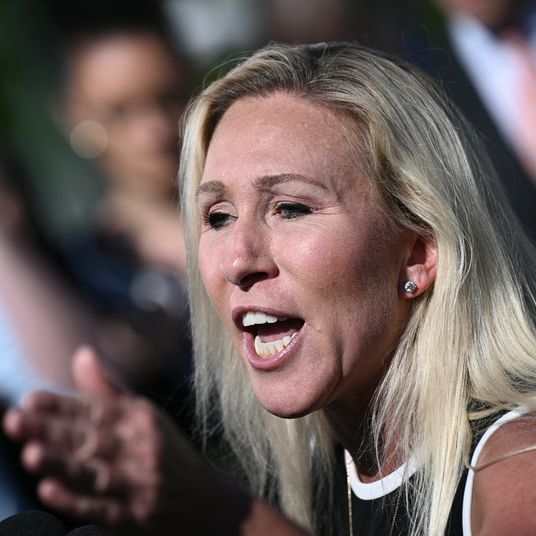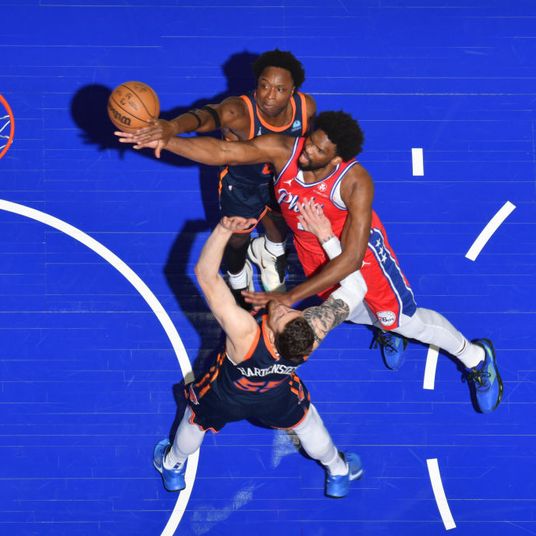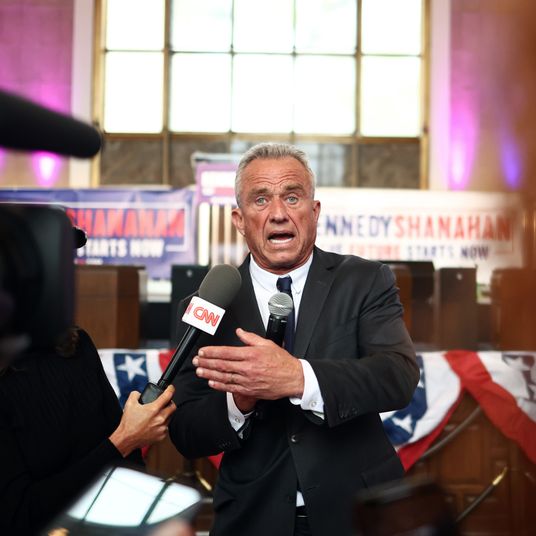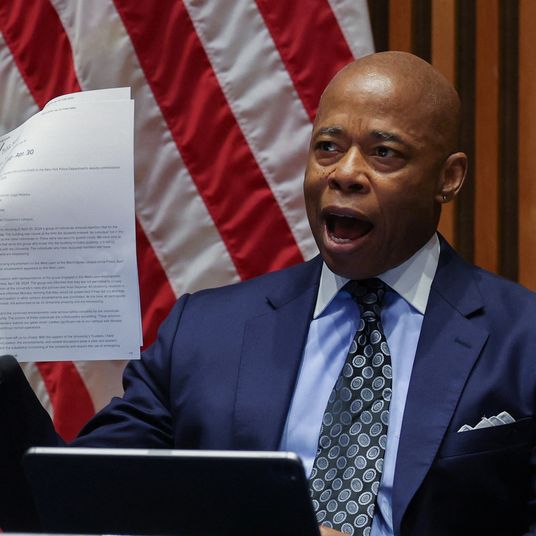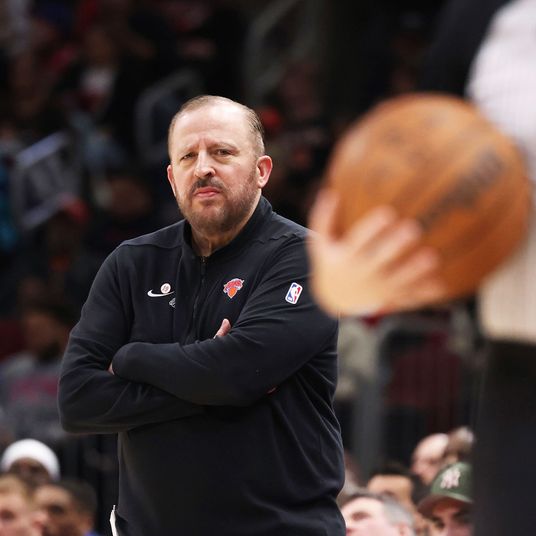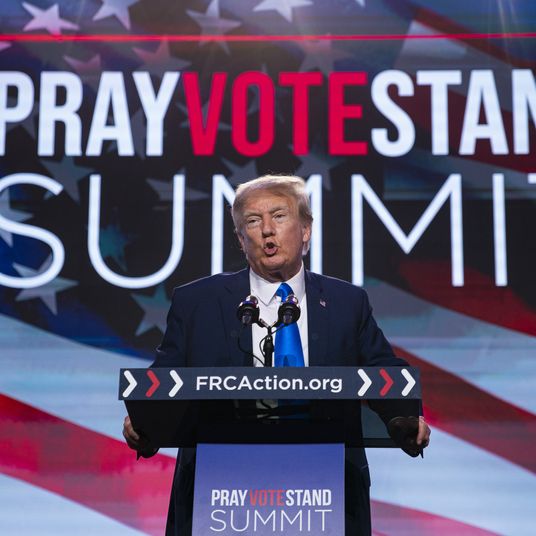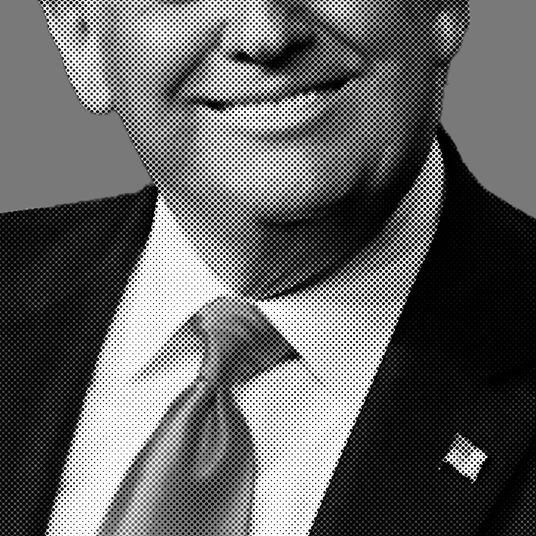
What’s going on with Meta these days? It’s simple, really. Instagram is TikTok but also Snapchat. Threads is Twitter but also Instagram. Facebook is Craigslist but also Reddit. Messenger is now WhatsApp. And WhatsApp is the new Facebook — which means it’s the future of the company.
This all-important last point comes from no less an authority than Mark Zuckerberg. Here he is speaking to the New York Times:
Now WhatsApp has become increasingly crucial to Meta, the company that owns Facebook, Instagram, and other apps. More than half of Americans ages 18 to 35 who own a cell phone have installed WhatsApp, according to the company’s studies, making it one of Meta’s fastest-growing services in its most mature market. Ads on Facebook and Instagram that push users to WhatsApp and its sister messaging service, Messenger, are also growing so rapidly that they may reach $10 billion in revenue this year, the company recently said. “If you’re envisioning what will be the private social platform of the future, starting from scratch, I think it would basically look like WhatsApp,” Mr. Zuckerberg, 39, said in a recent interview.
Meta continues to spend lots of money on VR and AI, two relatively young money-pit industries it hopes one day to dominate, but the company still relies on its core products for the bulk of its revenues and almost all of its profits.
In recent years, these feed-based apps — Facebook, Instagram, and most recently Threads — have been smushed and smeared together in a variety of ways for a few obvious reasons. In financial disclosures, Meta doesn’t break out per-platform user numbers or revenue, instead talking about its “family” of apps. (It does share distinct Facebook user numbers but not revenue; this presumably is because old-school Facebook remains the company’s most lucrative property by far.) On the user side, Meta’s apps are perforated with small portals to other Meta apps: Facebook Messenger notifications showing on Instagram and vice versa; messages from Threads showing up in Instagram and Facebook feeds (a feature Meta may be walking back a bit); brands that follow them from app to app with ads purchased through the same dashboard.
Meta’s goal is to get more people to use more of its apps and to monetize those people to the greatest extent possible. In practice, things are complicated. If Facebook is extremely well monetized but Instagram has more and more active younger users, should Meta try to herd them back to Facebook? Or should it rework Instagram to show more videos and ads, making it more like Facebook? If Threads grew fast in part because it was built on top of Instagram, and its users and content continue to be promoted on Instagram, should it send people back to Insta, where they might see some juicy paid ads? Meta’s short answer is yes, all of the above, with the caveat that it has limited control over what its users actually choose to do.
If Meta’s imperative is to grow forever, its 2014 acquisition of WhatsApp was a great move, at least in one sense. WhatsApp has grown a lot, first overseas but more recently in Meta’s most mature markets, including the United States, where some of its other services are starting to show their age and not growing as they used to, if at all. It’s a basic utility — a messaging service people use for planning and talking about important things — in a way that Facebook once aspired to be and, for some users, briefly was. It’s a real piece of the global communication infrastructure and is better at “connecting the world” than anything Facebook ever released itself. Despite a few branding and cross-promotional features, it still feels very much like its utilitarian self and not much like its sister products, which are pretty honest representations of Meta as a company: well engineered, thoughtfully designed, and intended to capture and monetize as much of their users’ attention as possible right up to the point of becoming openly hostile.
The conventional wisdom has always been that Meta would have to figure out a way to monetize WhatsApp, and the company’s decision to go to the press to make the case that messaging is Meta’s “next chapter” (kindly don’t ask about the Metaverse) means the day has finally come. But monetizing an encrypted-messaging app isn’t easy — the playbook Meta developed with Facebook and is now running on Instagram doesn’t work here. WhatsApp isn’t built around a feed, and most messages sent on the platform are private and intended for one other person or a small group. Straightforward advertising feels intrusive. WhatsApp first became popular by dramatically undercutting text-message prices, effectively destroying a massive line of business for cell-phone carriers. Now it’s being called upon to support a different major-middleman business somehow. It’s an awkward fit, but Meta found (or happened upon) a plan of sorts. From the Times:
WhatsApp also began offering paid tools and custom apps for businesses that wanted to use the platform to communicate with consumers. Chevrolet, Lenovo, Samsung and L’Oreal now use some of those tools, and WhatsApp has forged business and advertising partnerships in Latin America and India with companies such as Amazon and Uber.
In 2017, WhatsApp introduced “click-to-message” advertising, which is an ad format that businesses can buy to place inside a Facebook feed. When users click on the ad on Facebook, it links them to a brand’s WhatsApp account, where they can talk with customer service representatives or take an action like booking a flight or buying goods. The ads have become Meta’s fastest-growing ad format, the company said.
This is what the aforementioned “$10 billion in revenue” refers to, and it’s worth explaining. Broadly speaking, Facebook is faltering a bit but still accounts for most of Meta’s billions of dollars in advertising sales. WhatsApp, however, is growing briskly in markets where Facebook is losing steam but doesn’t make much money for Meta. Everyone knows this, including brands, which want to spend their money in the most effective place but also don’t want to get left behind.
Brands want to be on WhatsApp; Meta wants them on WhatsApp. So what does Meta recommend, and what do brands ultimately decide to do? Buy ads on Facebook … for WhatsApp. For years, brands have been paying Meta to advertise to their own customers to get them to chat with them on another Meta service. This is a pretty good deal for Meta! It’s sort of like a hedge, I guess, except in buying WhatsApp, Meta (then Facebook) didn’t just acquire a future competitor. It acquired the rights to oversee and monetize the transition from one of its products to another. Call it … diagonal integration?
There are risks here. Ideally for Meta, Facebook and Instagram will stick around as successful ad platforms with an increasing share of ads sending users to branded WhatsApps rather than external websites. But as brands start engaging with their customers on WhatsApp, they won’t spend as much money on Facebook and Instagram. Likewise, if users shift their commercial interactions and more of their time in general over to WhatsApp, Facebook and Instagram will suffer and Meta is still stuck with the problem of an undermonetized messaging platform starving its cash cow.
But most users haven’t been herded to WhatsApp by Meta. They’re using it because it works. They’re using it because iMessage still makes texting between Apple and Android phones awkward and annoying. They’re using it because other modes of communication, including Meta’s social apps, have become boring or alienating or loud or annoying. They’re using it because it doesn’t really have ads. They’re using it mostly because other people do.
Meta still needs to figure out how to monetize WhatsApp in the long term if messaging, not the social feed, really is the company’s future. In the meantime, though, it’s succeeding at the next best thing: selling the story of this shift to semi-captive brands for billions of dollars and monetizing the migration of its own restless users. Heavily consolidated social-media ownership: What a business!









